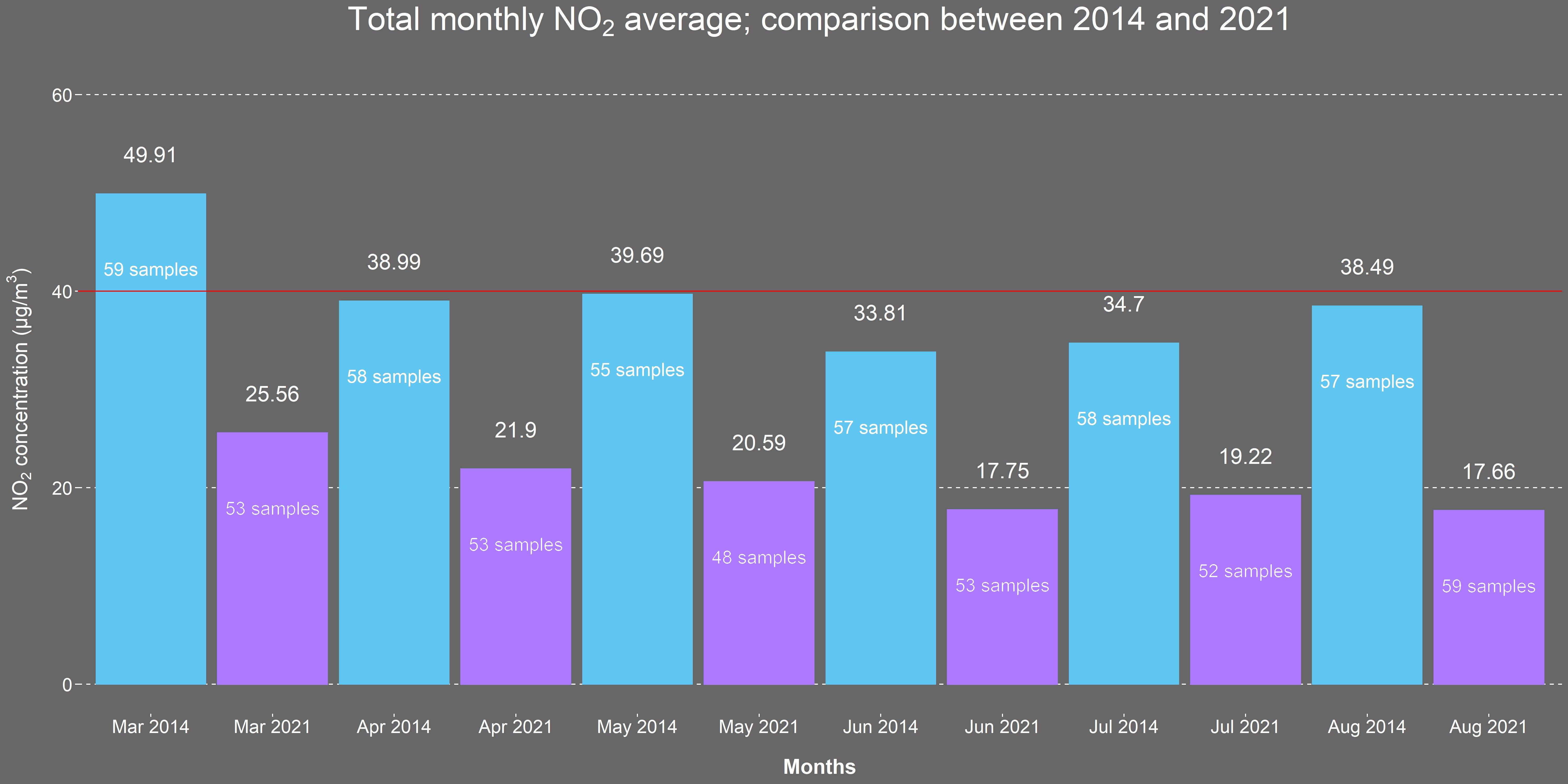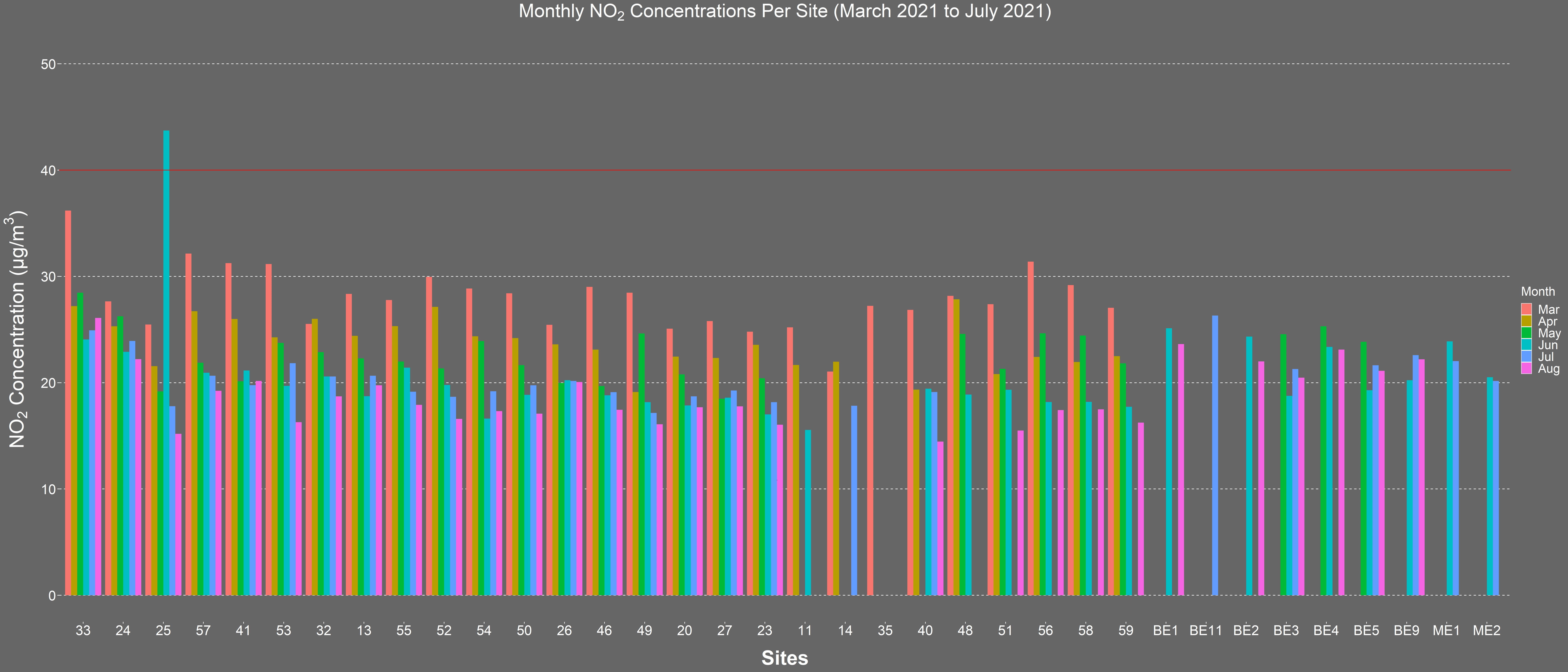Levels of particulate matter and nitrogen dioxide can be a concern in urban areas. In 2014, a comprehensive one-year Air Quality Citizen Science monitoring project commissioned by The City of London Corporation and led by Mapping for Change, was undertaken by residents of the Barbican Estate. ‘Science in the City’ aimed to increase understanding amongst residents about air pollution, its causes, effects and how it varies over space and time. Residents were consulted on any actions they would like to see taken over subsequent years to improve local air quality.
Our Role
Now, six years later, after implementing several of the suggested initiatives around the Barbican, including a Low Emission Neighbourhood and the Mayor of London Ultra Low Emission Zone, The City of London Corporation and Mapping for Change are teaming up once again to repeat and broaden this research. Mapping for Change is working with residents of two housing estates in the centre of the capital to monitor nitrogen dioxide levels over the course of a year. This citizen science project has been co-designed with the residents to ensure the outputs are relevant and useful to them both in reducing their personal exposure to air pollution and in evaluating the impact of the changes implemented. The work aims to raise awareness of air pollution and demonstrate the impact that citizen science and resident participation can have on environmental issues. The project will run from March 2021- February 2022.
Documentary: Science in the City
Related Projects
Eco21.PL
Funded under the Swiss Block Grant, Mapping for Change in collaboration with the Centre for Training and Personal Development MERITUM, the Cultural Authority City of Gardens and Highways 4 Elements carried out a two year training programme in the Silesia region of Poland.
Kampala NOSES; Network for Odour Sensing Empowerment and Sustainability.
Kampala NOSES is a pilot project that seeks to introduce novel ways with which to monitor and record odour issues across Kampala. All key stakeholders, from policy-makers to public sector administrators, from academics to industries and the community at large are needed to create a longer-term vision of implementing new environmental reporting and governance mechanisms.

